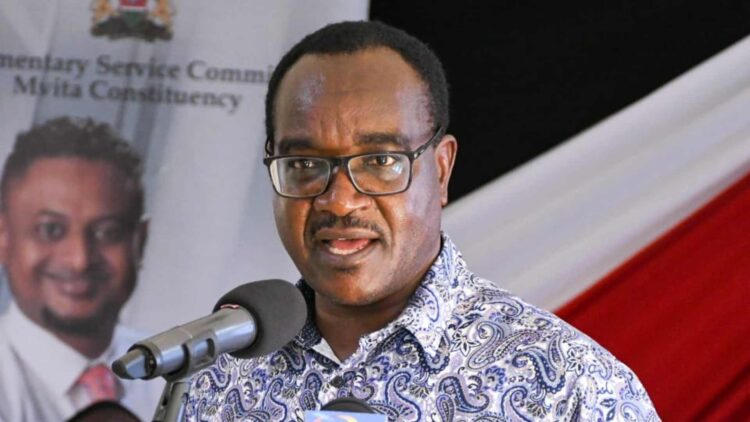Over 5,000 Kenyans Receive Certification Through Recognition of Prior Learning.
More than 5,000 Kenyans have been officially certified by recognized institutions under the Recognition of Prior Learning (RPL) programme. This milestone follows the implementation of the RPL policy in March 2024, enabling millions of Kenyans with non-formal education backgrounds to gain national recognition for their skills.
The Directorate of RPL under the State Department for Technical and Vocational Education and Training (TVET) leads the initiative, which is focused on validating and accrediting skills acquired outside the classroom. The programme specifically targets individuals working in the informal sector who have historically lacked formal education credentials.
RPL Director Stanley Maindi indicated that the government was collaborating with national polytechnics to facilitate assessments and issue certificates at various qualification levels. Institutions have been instructed to assess candidates based on practical experience and align evaluations with the National Qualifications Framework.
Maindi noted that the initiative aligns with the Bottom-up Economic Transformation Agenda (BETA), which seeks to uplift those at the grassroots level. He emphasized that the certificates awarded through RPL hold the same value as those from formal education pathways, enabling certified individuals to pursue higher education or improve employment prospects.
He explained that the policy’s objective was to assess Kenyans with skills but without formal education and provide them with certificates that could enhance their professional standing. These certificates would empower them to pursue better opportunities or negotiate for improved benefits.
Expanding Global and Local Opportunities
At Kisumu National Polytechnic, where assessment activities are actively ongoing, Maindi highlighted the importance of the programme in creating economic mobility and job readiness. He referenced a recent international request for meat cutters, pointing out that although the formal system lacked such a course, RPL allowed them to assess and certify individuals with the required expertise to meet such demands.
According to Maindi, the Directorate, with support from development partners, has directed attention to the approximately 15 million Kenyans working informally. The goal is to ensure their skills are formally recognized through certification.
The initiative is currently focused on trades such as food and beverage, masonry, carpentry, construction, CCTV and alarm system technology, electrical installation, solar PV systems, engine mechanics, auto body repair and painting, fisheries, and fashion design.
Maindi explained that assessments go beyond theoretical knowledge to practical demonstration. Candidates are evaluated through oral and written tests, with provisions made for oral assessments in local languages where literacy is a barrier. This ensures that the evaluation process accurately captures real-world skills and competencies.
To scale the programme, RPL officials plan to visit sites where informal sector workers are actively engaged. The focus includes government-led initiatives like the Affordable Housing Programme, county market projects, and Blue Economy ventures. The aim is to collaborate with contractors to assess and certify their workers on-site.
Read Also: Islamic University of Kenya Launches Garissa Branch After Charter Approval
Cost and Certification Process
Maindi clarified that while the base cost for assessment was Sh5,500, expenses could rise depending on the specific requirements of each trade. For instance, he mentioned that for skills like electrical installation, the hosting institution may incur additional costs for materials used during assessments.
He encouraged workers in the informal sector to embrace the programme, stressing the benefits of undergoing certification. He added that those who had already been certified were beginning to see tangible improvements in their livelihoods.
Maindi referred to a recent tracer study by the Kenya National Qualifications Authority (KNQA), which found that many certified individuals had successfully transitioned into formal employment. The study showed that certified workers were outperforming expectations in their respective fields.
He further noted that certification had opened doors to government tenders, advanced education opportunities, and improved social standing within their professions.
Over 5,000 Kenyans Receive Certification Through Recognition of Prior Learning.



Discussion about this post